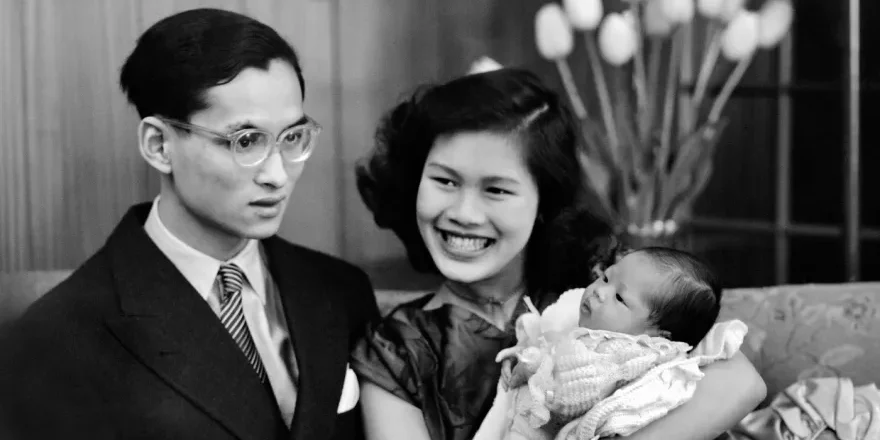Bangkok — Thailand is in mourning following the death of Queen Sirikit, the Queen Mother, at the age of 93. Revered as one of the most influential figures in modern Thai history, Sirikit’s passing marks the end of an era that spanned decades of political, cultural, and diplomatic significance.
Born in 1932 at Srapathum Palace, Bangkok, Sirikit became Queen Consort in 1950 after marrying King Bhumibol Adulyadej. She was widely admired for her elegance and charisma, earning comparisons to global icons such as Jackie Kennedy. During the Cold War, Sirikit played a pivotal role in projecting Thailand’s image abroad, strengthening ties with Western allies, and promoting Thai culture on the international stage.
Her influence extended beyond politics. Sirikit championed arts, crafts, and rural development projects, helping preserve traditional Thai weaving and empowering women in local communities. These initiatives cemented her reputation as a cultural guardian and humanitarian.
Sirikit also had a unique connection with Switzerland, where she and King Bhumibol spent significant time during their youth and early reign. The couple’s residence in Lausanne and frequent visits to Gstaad symbolized Thailand’s diplomatic and cultural bridge with Europe. This Swiss chapter of her life remains a cherished part of her legacy, remembered by both Thai and Swiss communities.
The Royal Household Bureau announced her passing on October 24, 2025, sparking nationwide mourning. Thousands gathered at temples across Thailand to pay respects, while international leaders sent condolences, recognizing her role as a symbol of stability and grace.
Queen Sirikit’s death leaves a profound void in Thailand’s monarchy. As the mother of King Maha Vajiralongkorn, her legacy continues to shape the institution and the nation’s cultural identity. For many Thais, she will be remembered not only as a queen but as a guardian of tradition, diplomacy, and compassion.







